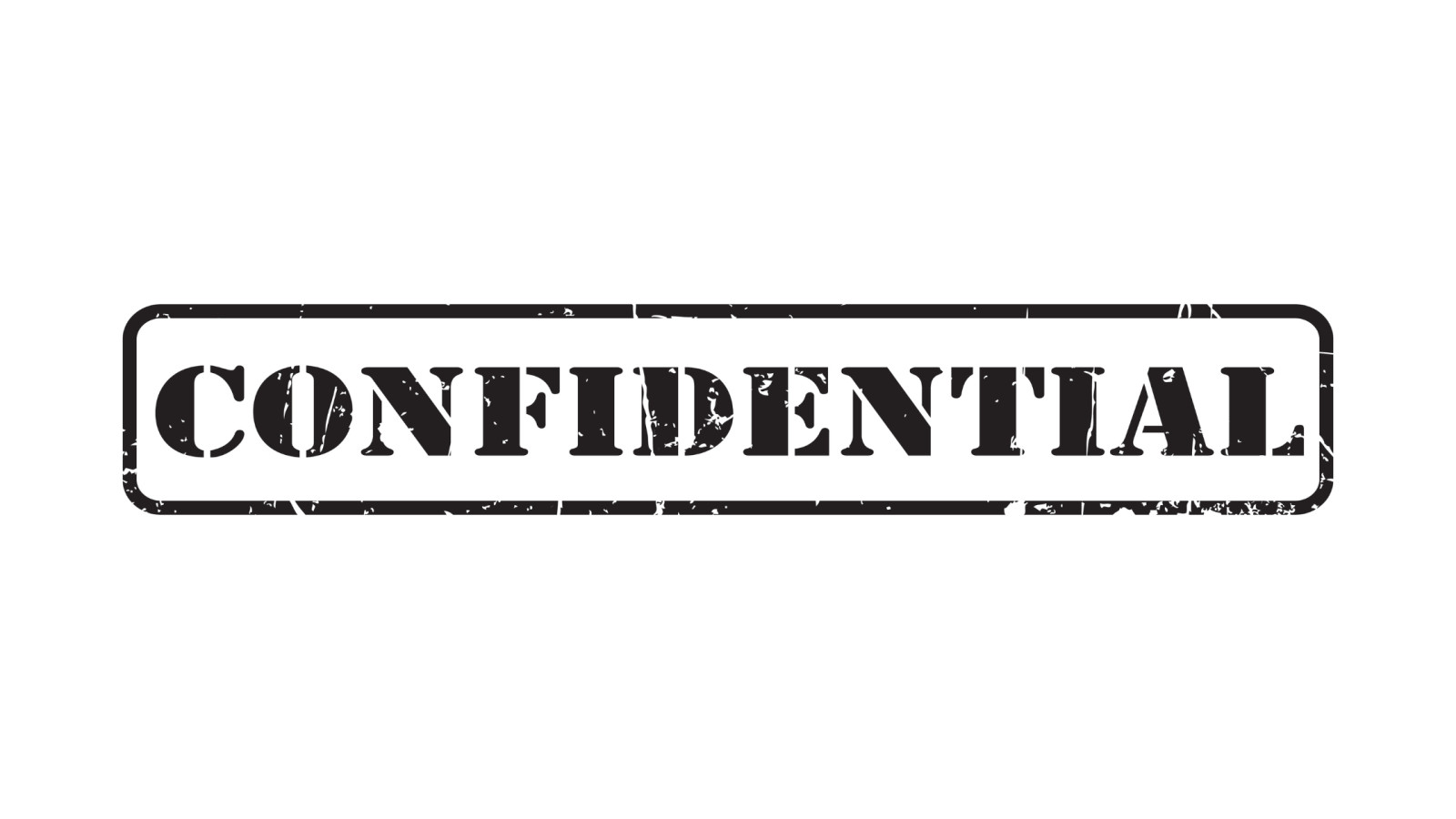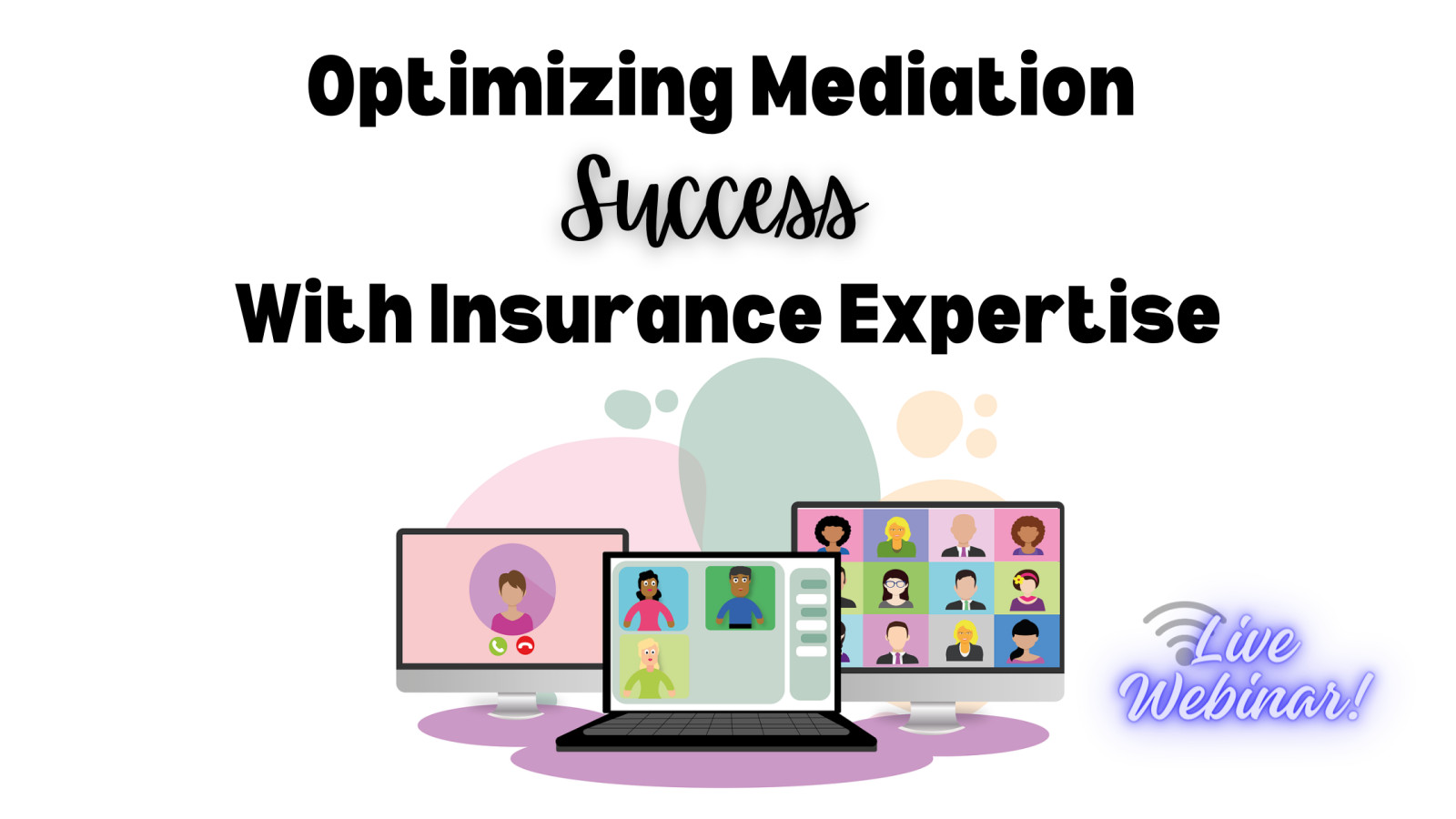
How Insurance Claim Mediation Can Save You Time and Money
Insurance claim mediation is a process that involves the use of a neutral third party, known as a mediator, to help resolve disputes between insurance companies and policyholders. It is an alternative to litigation, which can be time-consuming, expensive, and adversarial. Mediation offers a more collaborative and efficient approach to resolving insurance claims, allowing both parties to work together to find a mutually agreeable solution.
Considering mediation for insurance claims is important because it can lead to better outcomes for both parties involved. It allows for open communication and negotiation, which can help build trust and understanding between the insurance company and the policyholder. Mediation also provides an opportunity for creative problem-solving, allowing for more flexible and tailored solutions that may not be available through litigation. By choosing mediation, both parties have the opportunity to reach a resolution that meets their needs and avoids the stress and uncertainty of going to court.
Understanding the Benefits of Insurance Claim Mediation
Mediation offers several benefits over litigation when it comes to resolving insurance claims. Firstly, mediation is a more collaborative process that encourages open communication and negotiation between the insurance company and the policyholder. This can help build trust and understanding, leading to a more satisfactory outcome for both parties. In contrast, litigation tends to be adversarial in nature, with each party trying to prove their case and win at the expense of the other.
Secondly, mediation allows for more flexibility and creativity in finding solutions. Unlike litigation, which is bound by legal rules and procedures, mediation allows both parties to think outside the box and come up with unique solutions that meet their specific needs. This can lead to more tailored outcomes that are mutually beneficial.
Lastly, mediation is generally faster and less expensive than litigation. Going to court can take months or even years, whereas mediation can often be resolved in a matter of weeks or months. This saves both parties time and money, allowing them to move on with their lives and businesses more quickly.
How Insurance Claim Mediation Works
Insurance claim mediation typically involves several steps. First, both parties agree to participate in mediation and select a mediator. The mediator is a neutral third party who is trained in conflict resolution and has experience in insurance claims. They do not take sides or make decisions, but rather facilitate communication and negotiation between the insurance company and the policyholder.
Once the mediator is selected, they will schedule a mediation session with both parties. During the session, each party will have the opportunity to present their case and discuss their concerns. The mediator will help guide the conversation, ensuring that both parties have a chance to be heard and understood.
The mediator will then work with both parties to identify common interests and potential solutions. They may propose different options or ask questions to help both parties think creatively about possible resolutions. The goal is to find a solution that meets the needs of both parties and avoids the need for litigation.
If an agreement is reached, the mediator will help draft a settlement agreement that outlines the terms of the resolution. Both parties will review and sign the agreement, making it legally binding. If no agreement is reached, both parties are free to pursue other options, such as litigation.
The Role of a Mediator in Insurance Claim Mediation
The mediator plays a crucial role in insurance claim mediation. Their primary role is to facilitate communication and negotiation between the insurance company and the policyholder. They do not take sides or make decisions but rather act as a neutral third party who helps guide the conversation and ensure that both parties have a chance to be heard.
A skilled mediator will have experience in insurance claims and understand the complexities of the industry. This allows them to ask relevant questions and help both parties understand each other's perspectives. They may also have knowledge of insurance policies and regulations, which can be helpful in finding solutions that are fair and reasonable.
Choosing a mediator with experience in insurance claims is important because they will be familiar with the unique challenges and issues that can arise in these types of disputes. They will have a better understanding of the industry and be able to provide valuable insights and guidance throughout the mediation process.
The Advantages of Choosing Mediation over Litigation
There are several advantages to choosing mediation over litigation when it comes to resolving insurance claims. Firstly, mediation is generally faster and less time-consuming than litigation. Going to court can take months or even years, whereas mediation can often be resolved in a matter of weeks or months. This allows both parties to move on with their lives and businesses more quickly.
Secondly, mediation is typically less expensive than litigation. Going to court can involve significant legal fees, as well as costs associated with preparing and presenting a case. In contrast, mediation is generally more cost-effective, as it does not involve the same level of legal representation and preparation.
Furthermore, mediation allows for more satisfactory outcomes for both parties. In litigation, there is often a winner and a loser, with one party prevailing at the expense of the other. In mediation, both parties have the opportunity to work together to find a solution that meets their needs. This can lead to more creative and tailored outcomes that are mutually beneficial.
How Insurance Claim Mediation Can Save You Time
One of the key advantages of insurance claim mediation is that it can save you time. Going to court can be a lengthy process, involving multiple hearings, discovery, and other legal procedures. This can take months or even years to resolve, causing significant delays and disruptions.
In contrast, mediation is typically much faster. The process can often be resolved in a matter of weeks or months, allowing both parties to move on with their lives and businesses more quickly. This is particularly important for policyholders who may be waiting for insurance payouts to cover repairs or other expenses.
Additionally, mediation allows for more efficient communication and negotiation between the insurance company and the policyholder. The mediator helps facilitate the conversation, ensuring that both parties have a chance to be heard and understood. This can help streamline the process and avoid unnecessary delays or misunderstandings.
How Insurance Claim Mediation Can Save You Money
Another advantage of insurance claim mediation is that it can save you money. Going to court can involve significant legal fees, as well as costs associated with preparing and presenting a case. These expenses can quickly add up, especially if the case is complex or involves multiple parties.
In contrast, mediation is generally more cost-effective. It does not involve the same level of legal representation and preparation as litigation, which can help keep costs down. Additionally, mediation is typically faster than litigation, which means less time spent on legal fees and other expenses.
Furthermore, mediation allows for more creative and tailored solutions that may not be available through litigation. This can help avoid costly disputes and legal battles, saving both parties time and money in the long run. By working together to find a mutually agreeable solution, both parties can avoid the expense and uncertainty of going to court.
The Importance of Choosing the Right Mediator for Your Insurance Claim
Choosing the right mediator for your insurance claim is crucial to the success of the mediation process. A skilled mediator with experience in insurance claims will have a better understanding of the industry and be able to provide valuable insights and guidance throughout the process.
When selecting a mediator, it is important to consider their qualifications and experience. Look for a mediator who has specific experience in insurance claims and understands the complexities of the industry. They should have a track record of successful mediation and be able to provide references or testimonials from previous clients.
It is also important to choose a mediator who is impartial and skilled in communication and negotiation. They should be able to create a safe and respectful environment for both parties to express their concerns and work towards a resolution. A mediator who is skilled in communication and negotiation can help facilitate productive conversations and guide both parties toward a mutually agreeable solution.
Common Misconceptions About Insurance Claim Mediation
There are several common misconceptions about insurance claim mediation that can prevent people from considering it as an option. One common misconception is that mediation is only for small or simple claims. In reality, mediation can be used for claims of any size or complexity. It is a flexible and adaptable process that can be tailored to meet the needs of each individual case.
Another misconception is that mediation is only for cases where there is a clear right or wrong. In fact, mediation can be used in cases where there is uncertainty or disagreement about the facts or the interpretation of the insurance policy. The mediator can help facilitate conversations and guide both parties towards a resolution that takes into account their respective perspectives.
A third misconception is that mediation is a sign of weakness or a last resort. In reality, mediation is often chosen as a first step in resolving insurance claims because it offers several advantages over litigation. It allows for open communication and negotiation, which can help build trust and understanding between the insurance company and the policyholder. Mediation also provides an opportunity for creative problem-solving, allowing for more flexible and tailored solutions.
Success Stories of Insurance Claim Mediation
There have been many success stories of insurance claim mediation, where both parties were able to reach a satisfactory resolution through the process. In one case, a policyholder filed a claim for water damage to their home but was initially denied by the insurance company. Through mediation, the policyholder was able to present additional evidence and negotiate a settlement that covered the cost of repairs.
In another case, an insurance company denied a claim for business interruption due to COVID-19. The policyholder believed that their policy covered losses related to pandemics and sought mediation to resolve the dispute. Through mediation, the insurance company agreed to review the policy and reconsider their decision. Ultimately, a settlement was reached that provided compensation for the policyholder's losses.
These success stories highlight the benefits of insurance claim mediation. By choosing mediation over litigation, both parties were able to work together to find a solution that met their needs. This allowed for a quicker resolution of the claims and avoided the stress and uncertainty of going to court.
Why You Should Consider Insurance Claim Mediation for Your Next Claim
In conclusion, insurance claim mediation offers several benefits over litigation when it comes to resolving disputes between insurance companies and policyholders. It allows for open communication and negotiation, leading to better outcomes for both parties. Mediation is also faster and less expensive than litigation, saving both time and money.
Choosing the right mediator is crucial to the success of the mediation process. Look for a mediator with experience in insurance claims who is impartial and skilled in communication and negotiation. They will be able to provide valuable insights and guidance throughout the process.
Considering mediation for your next insurance claim is important because it offers a more collaborative and efficient approach to resolving disputes. By choosing mediation, you have the opportunity to work together with the insurance company to find a solution that meets your needs. This can lead to more satisfactory outcomes and avoid the stress and uncertainty of going to court.






















0 Comments